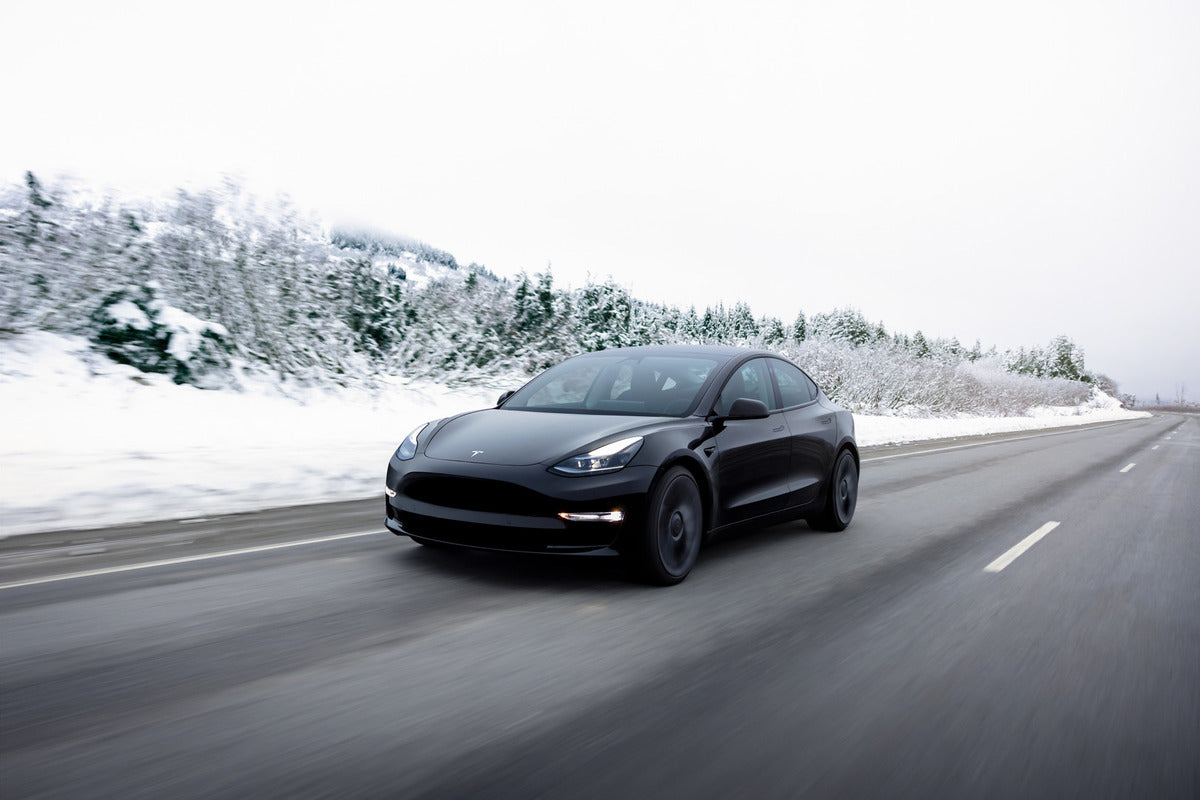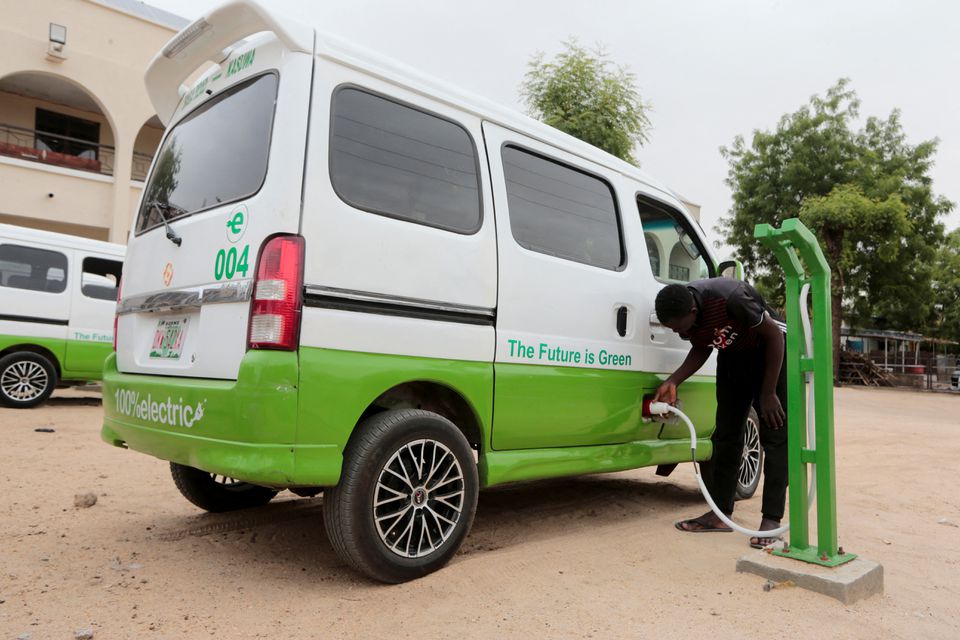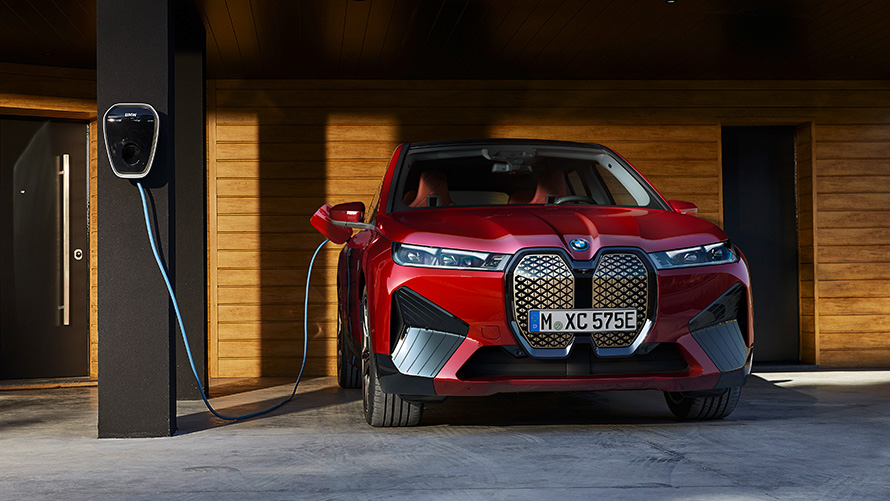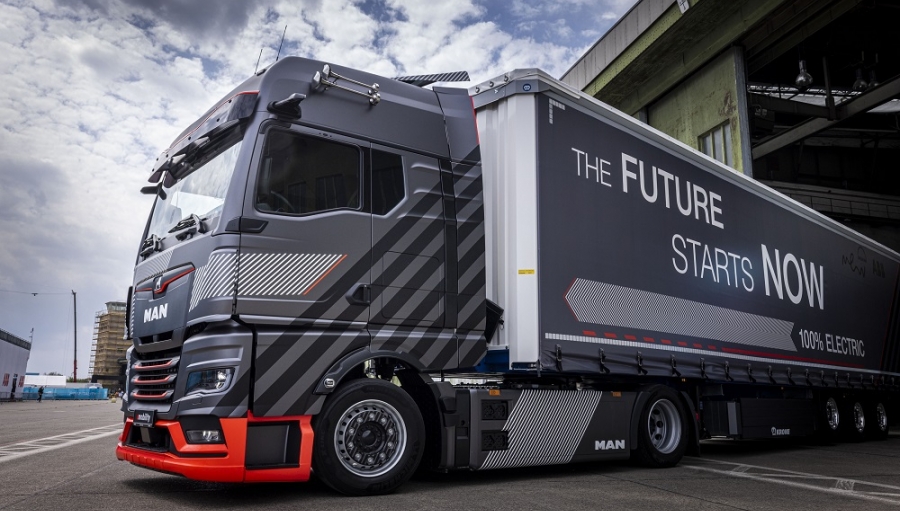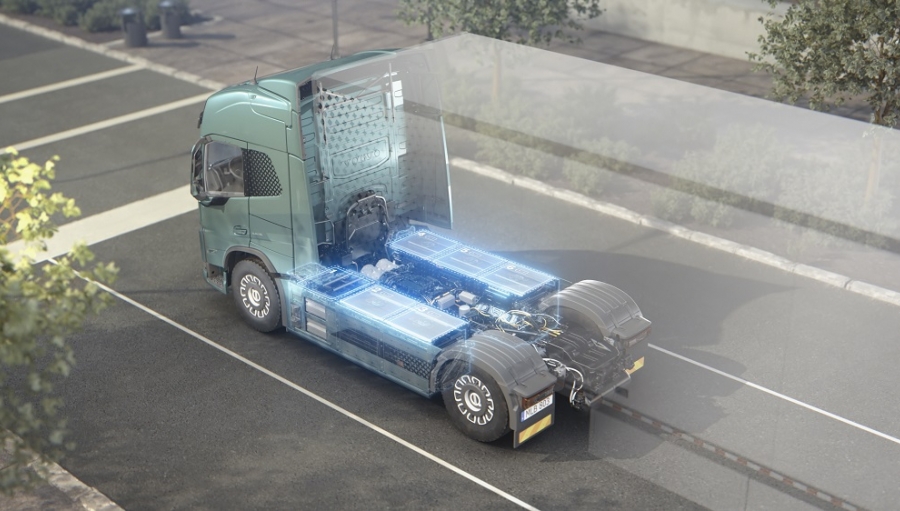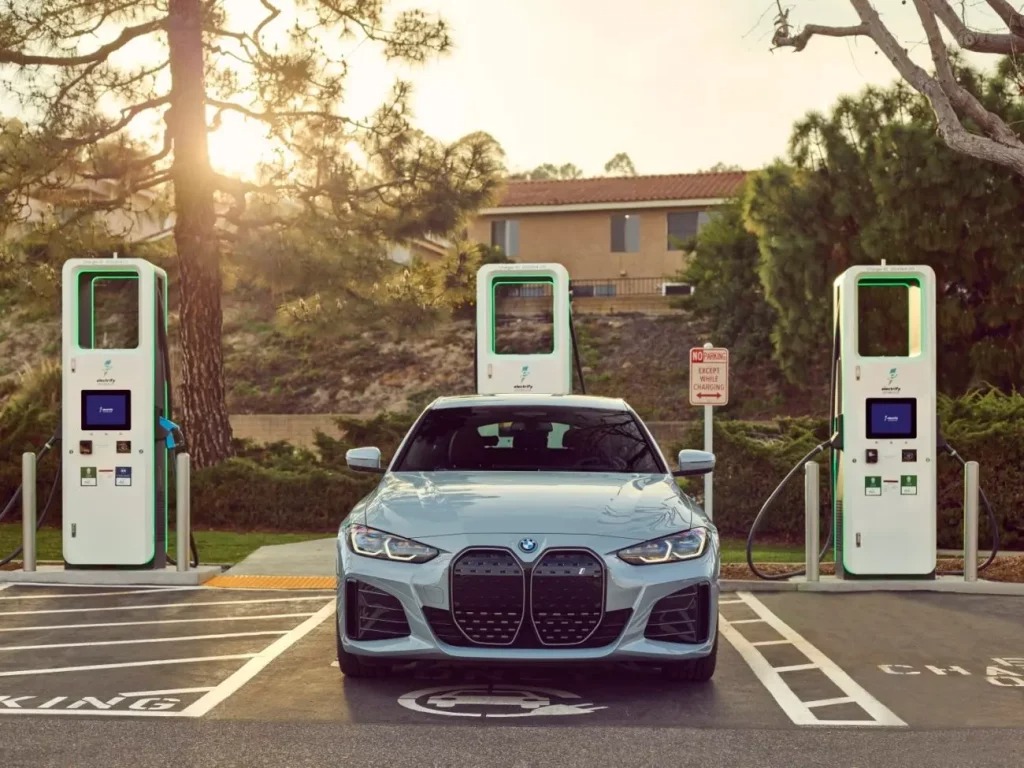In recent years, Australians have flocked to electric cars, resulting in a three-fold surge in EV sales throughout 2021. This figure is even predicted to continue to increase in line with various subsidies from Prime Minister Scott Morrison, which are intended for electric vehicle users.
According to the State of EVs in Australia report, EV sales in 2021 will reach 20,665 vehicles, which is much higher than the 2018 period.
This increase has also affected the emergence of a wide selection of plug-in models available, during 2019 to the end of 2020 the plug-in models offered in the Australian automotive market increased from the previous 22 types to 31 types.
Not only that, the relaxation of fuel efficiency standards in Australia has given a lot of room for battery manufacturers to expand, by building more public charging infrastructure.
Bloomberg noted that electric vehicle charging infrastructure in Australia has increased by more than 140 percent or 1,930 EV charging stations over the past year.
“No one dares to antagonize electric vehicles anymore. The trend is moving in our direction,” said Behyad Jafari, Sydney-based chief executive of the Electric Vehicle Council.
Before the hectic adoption of electric vehicles, in 2018 the Australian automotive market, especially in electric vehicles, experienced a setback, where people’s purchasing power for EV cars was only 6 percent. Even tractors sell more than electric cars.
However, after Australia installed Scott Morrison as Prime Minister in 2018, major changes in the automotive sector began to appear. With various policy easing, interest in buying electric vehicles in Australia has increased significantly.
Over the past few years, car sales have continued to soar, with Tesla Inc’s Model 3 product as the leader of the Australian automotive market.
Although Tesla representatives are reluctant to mention the total sales, according to news circulating the number of Tesla Model 3 sales is estimated to have reached 10,000 units.
Later to increase sales even greater this year, Scott Morrison plans to disburse a future fuel fund of 172 million US dollars.
The move was taken by Marrison to help developers add EV charging infrastructure to 50,000 households and 1,000 public charging stations.
Not only that, the Australian government will also reduce import tariffs on electric cars by 5 percent and cut taxes by around 47 percent for EVs provided by the company to its staff.
Furthermore, West Australia last week announced a rebate of AUD 3,500 on EV purchases. That means every Australian state and territory including New South Wales, can now get electric vehicle subsidies, incentives or tax exemptions.

